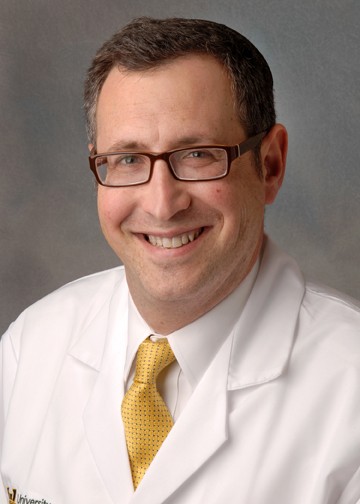Dry Eye Symptoms Worsen in Winter: Here’s What To Do
January 29, 2021
By: Gabriel Sosne, M.D., Wayne Health Department of Ophthalmology
Many people who suffer from dry eyes find that the winter months intensify their symptoms and they feel noticeably worse. Caring for your dry eyes in the winter may require a bit of extra time and effort because cold weather has a big impact on the health of your eyes. Due to a combination of factors, such as lower temperatures and humidity, more wind and cold air, dry eye symptoms are usually at their worst during the coldest season.
The drier outside air in the winter is often dried out even more indoors from furnace heating. In addition, medications for seasonal colds and flu, such as decongestants and other over-the-counter cold medicines, can make dry eye worse.
Here are a few suggestions that may help keep your eyes moist and comfortable in the dry and cold winter months:
1) Too much heat can cause your eyes to dry out due to tear evaporation. Using a humidifier and goggles while sleeping can help to maintain a moister ocular surface.
2) Make sure to stay well hydrated. Health experts commonly recommend drinking eight, 8-ounce glasses of water (about 2 liters or half a gallon) a day.
3) Use artificial tears to keep the ocular surface well lubricated.
4) See your ophthalmologist for more aggressive treatment options, if your symptoms do not improve with changes to your hydration, environment or the use of artificial tears.
Wayne Health Ophthalmologists have years of experience treating and managing a wide range of eye conditions, from simple to complex, and practice at the internationally renowned Kresge Eye Institute with locations across metro Detroit.
Currently, a molecule named Thymosin beta 4 (RGN-259), discovered by our researchers at the Kresge Eye Institute, is nearing completion of Phase 3 clinical trials. Pending FDA approval, these drops may soon be a new, novel therapy for dry eye disease.
Wayne Health/KEI ophthalmologists take a comprehensive approach to treating dry eye disease utilizing their years of experience and their access to the latest treatments and clinical research trials.
Schedule an appointment with a Kresge Eye Institute eye doctor by calling 313-577-8900 or visiting https://kresgeeye.org/.
